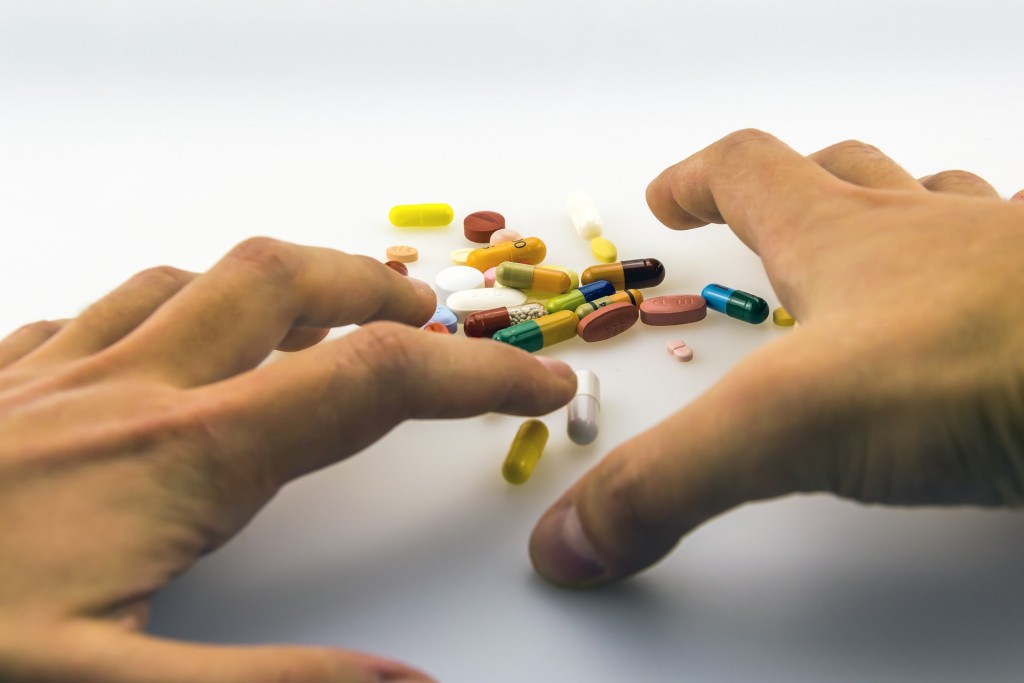

Addiction Disorders
Drug addiction is an unhealthy dependence on medication or drugs after the initial and voluntary taking of the substance. Excessive use of drugs can cause changes in the way your brain functions, developing an intense psychological and physical dependency. Slowly, you lose self-control and the ability to resist the urge to use. You experience intense withdrawal symptoms and find yourself trapped in a dark cycle with no way to leave.
Drug addiction not only puts you in harm’s way, it also strains your relationships with your loved ones.
Signs of Drug Abuse
Recognising the signs is hard for most drug users. It usually falls on a family member or a friend to call out the addiction. Each substance has different effects on the user’s body. There are, however, several symptoms that will help you notice your or your loved one’s addiction.
Behavioural changes are often the most noticeable symptoms. Those include increased aggression or irritability, lethargy, depression, changes in social circles, dramatic changes in habits and priorities, financial problems and possibly criminal activity.
Changes in appearance can offer additional clues to possible drug use. Bloodshot or glazed eyes, dilated or constricted pupils, weight changes, bruises, infections, or other physical signs at the drug’s entrance site on the body are common visible signs of abuse.
Disruption to normal brain functioning, changes in personality, and heart and organ dysfunction can be signs of long-term drug abuse.
If you believe a person close to you has a drug problem, try talking to them about your concerns and suggest the option of treatment. It is possible they will be very defensive of their situation and probably be in denial of how bad their drug use has become, so you need to be patient and persistent.
The Path to Recovery
A clear understanding of your addiction can help you take the right steps towards recovery. Getting help from the right people can be an important step forward.
According to the National Institute of Drug Abuse, addiction counselling will address your problem and help you achieve and maintain abstinence. The counsellor’s goal is to provide you with support and education to deal with your recovery.